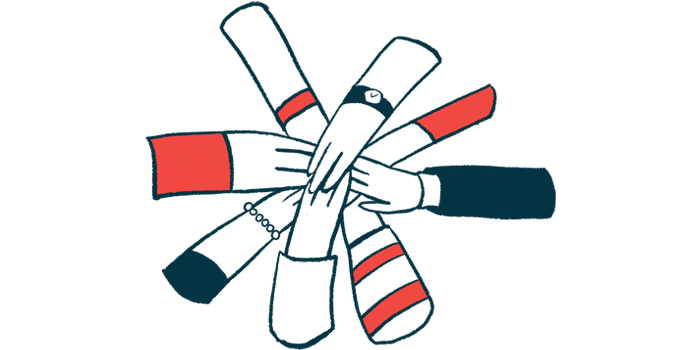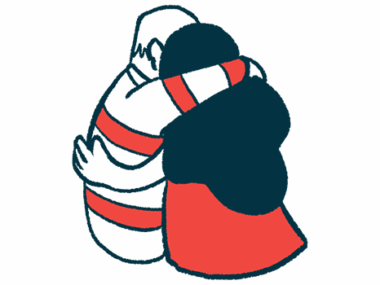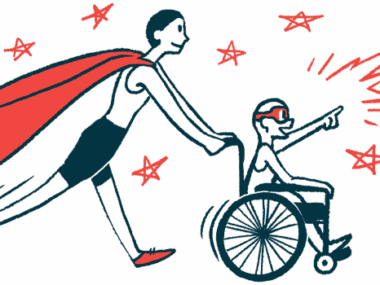Dravet syndrome parent support lacking, Spanish study finds
Survey finds disease comes with emotional, economic challenges
Written by |

Parents of children with Dravet syndrome in Spain say they don’t get enough support to help meet the emotional and economic challenges of the disease, a study found.
“The findings of this study underscore the need for policy reforms that specifically address the challenges faced not only by individuals with [Dravet syndrome], but also by their families,” researchers wrote in the paper, “The social and emotional burden of Dravet syndrome on Spanish caregivers,” which was published in Heliyon.
A team of scientists, aiming to better understand the social and emotional impact of Dravet on families, conducted a survey of Dravet caregivers in Spain. “Dravet syndrome, as well as other rare diseases, do not only impact directly patients’ lives, but also place an indirect burden on their families’ social life and emotional state,” the team wrote.
The survey was answered by 112 caregivers, 77.68% of whom were mothers, of children with Dravet syndrome. The respondents, with an average age in the mid-40s, were from across Spain.
Parent support hard to access
Most of the parents, particularly mothers, reported that they’d had to cut back on work or stop working entirely in order to care for their children, and nearly all of the respondents said that the diagnosis of Dravet syndrome had changed their home life.
Friction with other family members, such as unaffected siblings, was common, and many of the parents reported feeling overwhelmed by the responsibilities of caring for a child with a chronic condition on top of day-to-day household management tasks. More than half of the parents surveyed reported having little or no time to care for themselves or participate in leisure activities.
But despite the many challenges, nearly two-thirds of the parents said that the disease had strengthened bonds of connection within their families.
The majority of parents reported they used some form of publicly available support, mainly financial services or rehabilitation programs. However, nearly three-quarters of the parents said that accessing these support systems wasn’t easy, with most saying they’d had to wait at least a year to get support. When asked if they were getting enough support, 82.14% of the parents said they were not.
“Many families know and have access to financial or rehabilitation resources, but these are usually not sufficient to meet the needs of individuals and families with DS, resulting in many of them still having to spend a [large] amount of money on care and treatment,” the researchers wrote.
More than four out of five parents (85.71%) said they felt they’d been misinformed about Dravet syndrome by healthcare professionals and/or by Spain’s National Health System, and many of them reported turning to the internet as a source of information about the disease. Almost all of the caregivers said they felt they understood their child’s condition better than doctors who cared for the child.
When asked how they’d reacted when their child was diagnosed with Dravet, most caregivers reported feelings of depression, hopelessness, and confusion, though a few said they felt relief at finally knowing what was wrong.
While the scientists noted that their study was limited to a few dozen parents, they said the findings can have important ramifications for how healthcare providers and public support infrastructure can better help families with Dravet syndrome.
Healthcare providers “are encouraged to adopt a more proactive role in educating families about DS, policymakers should consider the creation of targeted support programs that address the unique challenges of rare diseases, while patient advocacy groups can play a pivotal role in raising awareness and driving research initiatives that focus on the social and emotional aspects of DS caregiving,” the scientists wrote.






